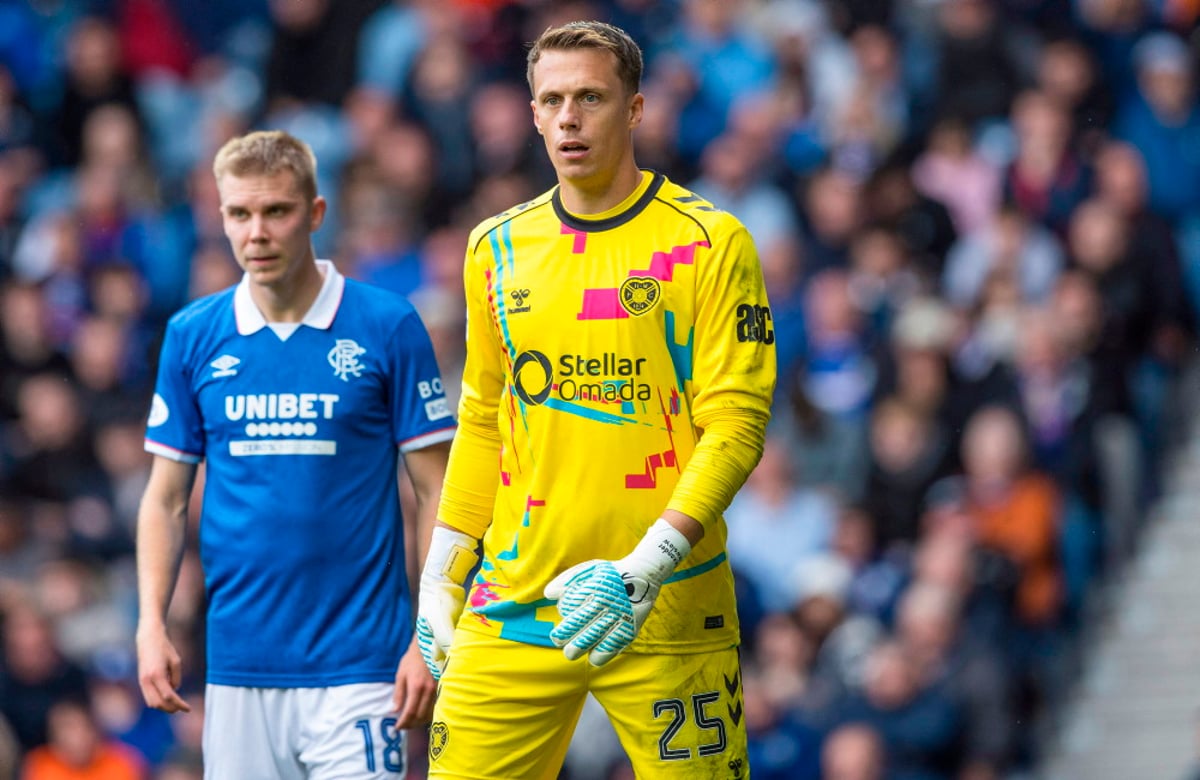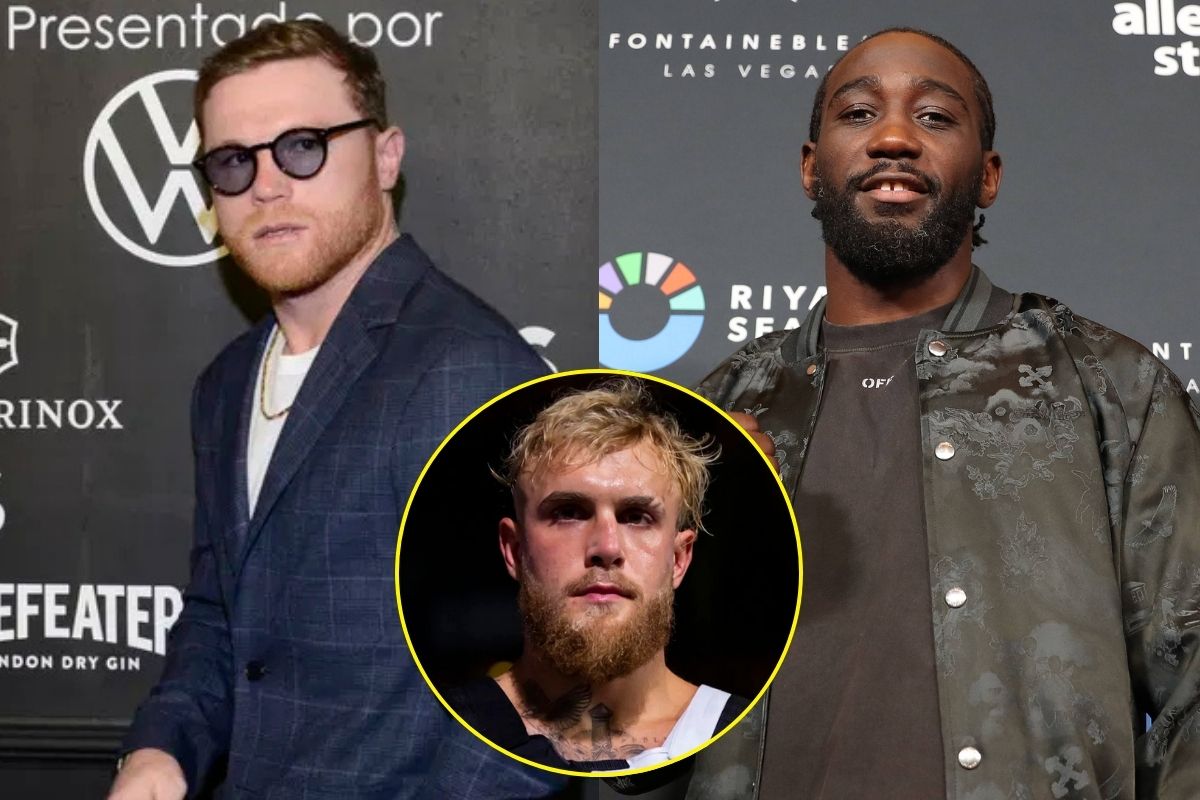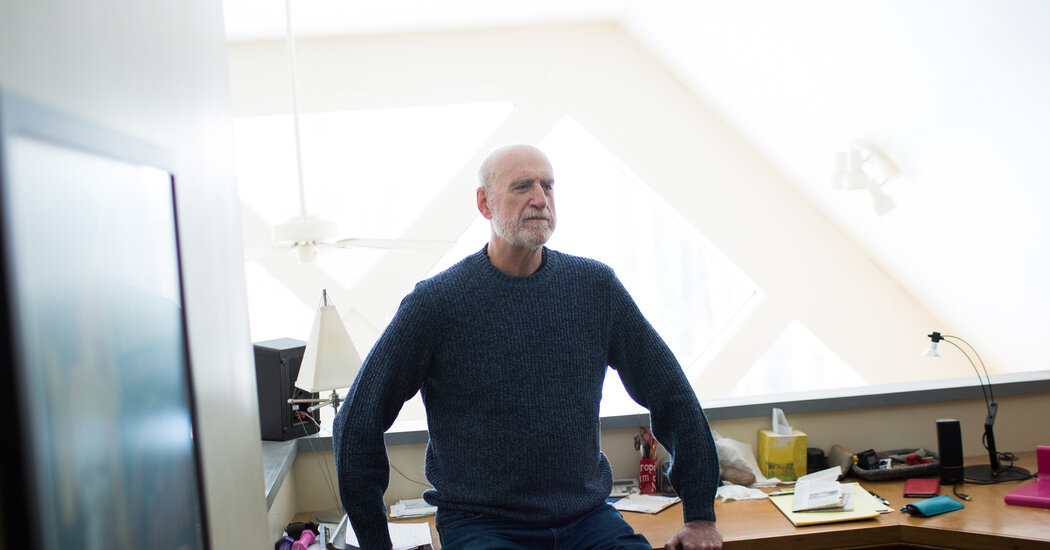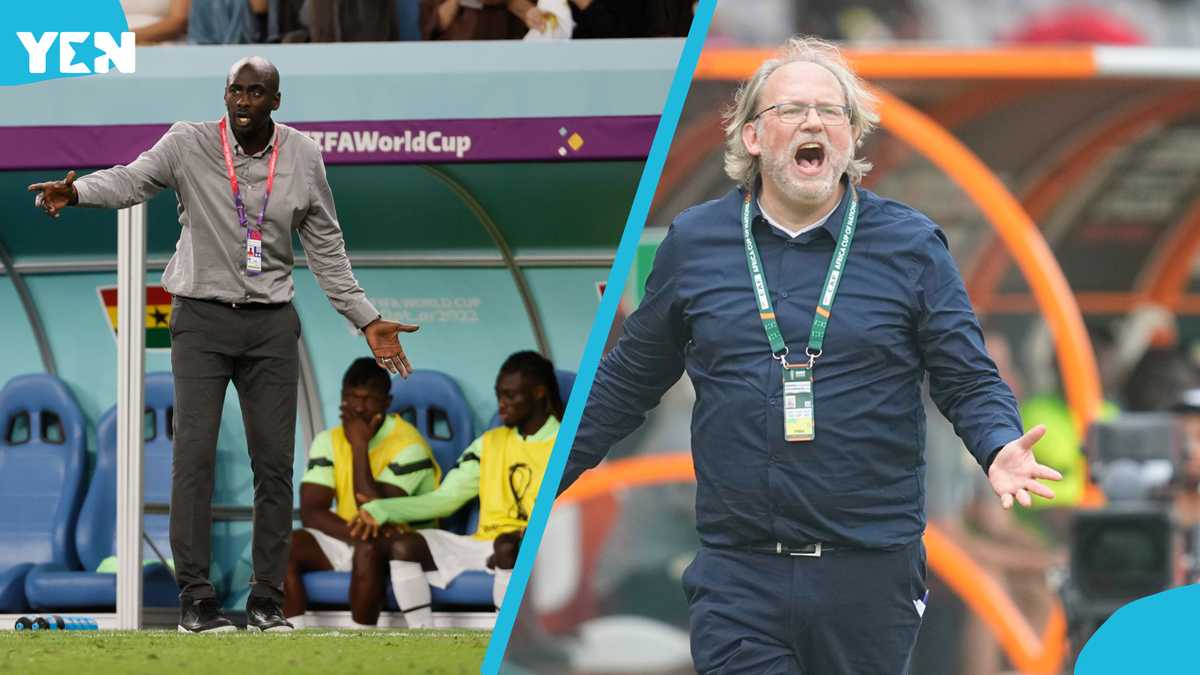Rob Manfred Moves Closer to MLB’s Return to Glory with Mariners Announcement as Yankees & Dodgers Stand in the Way
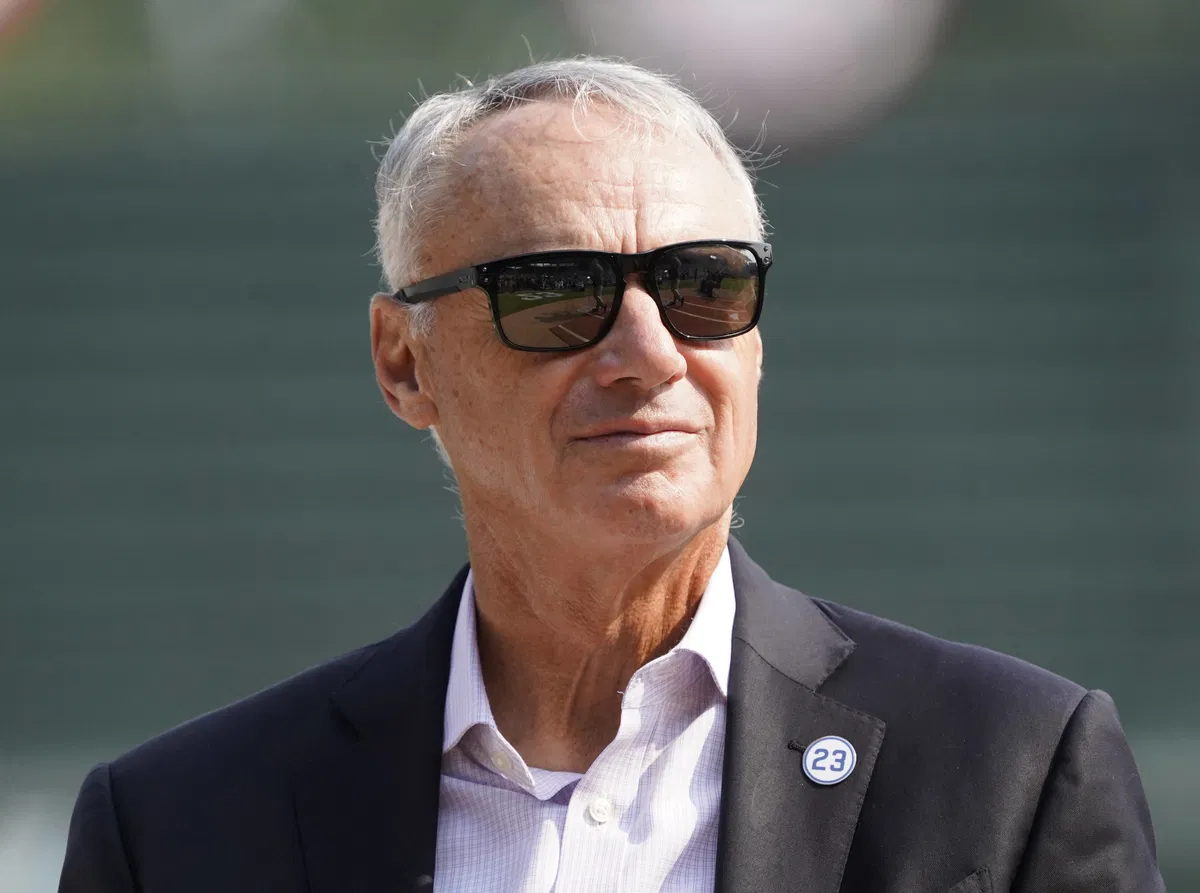
In Seattle on Friday, a quiet but historic change unfolded—one that had nothing to do with on-field strategy and everything to do with how fans have watched the Mariners over the past four decades. It is a decision from the management that puts MLB commissioner Rob Manfred’s vision of “centralize local media” one step closer.
Rob Manfred aims to consolidate all 30 teams’ local broadcast rights into a single package by 2028. The idea would eliminate regional silos, simplify streaming, and prevent local blackouts. Through this, the league aims to attract more fans and deliver a rather consistent product by combining national and local rights. Well, it’s not an easy process, and Manfred is aware that it will take time to convince clubs to do so. However, the Mariners have waved the green flag on this.
Mariners chairman and managing general partner John Stanton issued a statement shared by MLB: “We continue to focus on finding new ways to bring our games in 2026 and beyond to our fans, and we’ve determined joining with Major League Baseball is the best path. Beginning in 2026 and moving forward, Major League Baseball will provide opportunities to bring new features and benefits to viewers of Mariners baseball. We are incredibly grateful for the dedication and excellence demonstrated by the ROOT Sports staff over the [nearly] four decades they have televised our games.”
ADVERTISEMENT
Article continues below this ad
ROOT Sports’ era concludes this weekend. The network will air its final Mariners broadcast Sunday against the Dodgers, ending its regional broadcasting run since taking over complete ownership in 2023.
MLB assumes complete control starting in 2026. The league will handle all Mariners game broadcasts and streaming. Cable subscribers retain access through designated channels, while streaming fans gain blackout-free viewing via MLB.TV.
ADVERTISEMENT
Article continues below this ad
However, Manfred faces formidable resistance. Teams such as the New York Yankees and the Los Angeles Dodgers have huge local TV deals that exceed most clubs’ total payrolls. These profitable deals provide ownership groups with an edge that they won’t easily give up.
If Rob Manfred’s media unification is successful, it will be a significant step forward for baseball, making markets more consistent and increasing its reach to a broader audience. If MLB combined national and local rights, it could bring the sport back to millions of people and ensure that all fans, regardless of their location, have equal access. The Mariners’ move could be the first step toward baseball’s return to glory.
Read Top Stories First From EssentiallySports
Click here and check box next to EssentiallySports
Meanwhile, MLB’s broader media landscape undergoes a dramatic shift.
Postseason broadcast plans still being finalized
MLB’s TV landscape is undergoing rapid changes. ESPN is leaving, and streamers are coming in. Starting in 2026, the league will bundle rights for 2026–28 to make it easier for fans to access and reach a broader audience.
After ESPN dropped out early, MLB is wrapping up short-term national rights for 2026–28. The portfolio is moving toward NBCUniversal/Peacock and Netflix, while ESPN is keeping a smaller list. Netflix signed a three-year deal that includes the season opener and the Home Run Derby.
It also implies that the ESPN baseball show, “Sunday Night Baseball,” which has been airing important games every Sunday for 36 years, will stop airing shortly and will no longer be on TV every week.
ADVERTISEMENT
Article continues below this ad
These nationwide initiatives align with MLB’s broader plan to enhance distribution consistency and eliminate blackouts. However, the change would require compensating major holdouts, such as the Yankees and Dodgers, whose regional deals support payrolls and fan access.
Fans can expect a combination of network windows and streaming exclusives in 2026–28. The exact splits for the postseason are still being worked out, but it’s apparent that MLB is centralizing rights, which will lead to more consistent scheduling, a wider reach, and a progressive easing of blackout concerns, pending partner announcements and deadlines.
